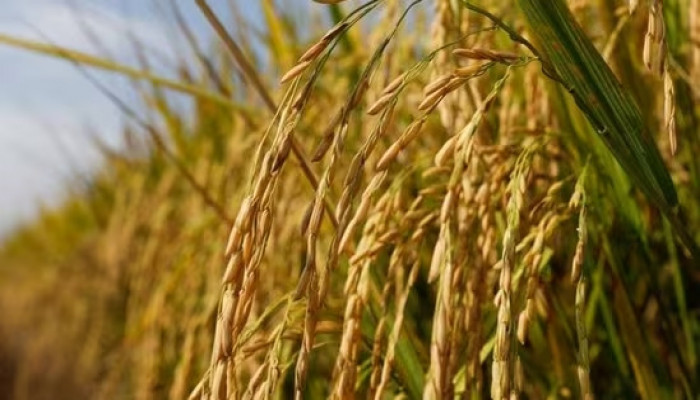Record rice stocks may prompt higher public distribution
- In Reports
- 01:06 PM, May 28, 2024
- Myind Staff
India's rice stocks in state-owned granaries have reached a record high, nearly four times the summer buffer target. The Union government is exploring measures to decrease inventories in the world's second-biggest producer, which anticipates a strong crop yield this year, according to an official.
In July of last year, the government implemented a ban on the export of non-basmati white rice to mitigate high food inflation, particularly concerning cereals, thereby enhancing local supplies. Despite a 7% decrease in procurement during the current season, the Food Corporation of India (FCI), the state-run grain purchaser, currently maintains significant rice surpluses. "Procurement" refers to the FCI's acquisitions of cereals at minimum support prices.
The government is required to have 13.5 million tonnes of rice as buffer stock beginning July 1. Currently, FCI has nearly 50 million tonnes of grain, including 18.2 million tonnes with millers.
The government needs to reduce stocks to accommodate this year's summer-sown or kharif harvest. Anticipating a good rice crop, as predicted by the India Meteorological Department, with the June-September monsoon forecasted to be above average.
Farmers typically commence planting rice in June and July with the arrival of the rainy season, and harvesting typically begins in October. New season purchases by the FCI would contribute to further increasing rice inventories in its warehouses.
To address the disposal of at least 15 million tonnes of stock, the food ministry is considering a proposal to augment the allocation of rice in the Pradhan Mantri Garib Kalyan Anna Yojana (PMGKAY). This programme offers free grain to nearly 813 million beneficiaries of the National Food Security Act, as per the official's statement.
The government aims to reduce the costs associated with storing large excess stocks, known as economic cost, by shedding stocks. Normally, the FCI requires 36 million tonnes of rice to meet the needs of the PMGKAY.
Senior officials are also considering a proposal to decrease the price at which rice is offered for open market sales to enhance availability and alleviate prices. Presently, the government provides FCI rice to bulk buyers at ₹29 per kilogram. However, traders have not purchased substantial quantities of FCI rice due to its availability at a lower rate in private markets, resulting in an accumulation of stocks.
Despite surplus stocks, rice inflation is in the double digits. In April, cereal inflation increased 8.63% from a year ago against a rise of 8.37% in the previous month. Rice inflation stood at nearly 12% in April.
“Rice prices are still on the higher side because the government’s open market sales scheme in rice hasn’t picked up because of price issues and also because much of it is of the fortified variety,” said Abhishek Agrawal of Comtrade.
Image source: Hindustan Times







Comments